From Grain to Glass: Building the Perfect Complete Brewing System for Your Home
Understanding the Brewing Process: From Grain to Glass
Before diving into the specifics of building a complete brewing system, it’s important to understand the basic brewing process, which typically consists of several stages: mashing, lautering, boiling, fermenting, conditioning, and packaging. Each of these stages plays a crucial role in transforming raw ingredients into the finished beer that we enjoy. According to the American Homebrewers Association, there are approximately 1.1 million homebrewers in the United States, with many exploring the journey from grain to glass in their kitchens or garages.
The process begins with mashing, where crushed grains, usually malted barley, are mixed with hot water at a temperature of around 150°F to 155°F (65°C to 68°C). This stage activates enzymes that convert starches into fermentable sugars, achieving an efficiency rate of 70-80%. After mashing comes lautering, during which the liquid wort is separated from the solid grain husks, typically yielding about 65% of the original grain weight in liquid form.
Next is boiling, where the wort is heated to a rolling boil for at least 60 minutes. Hops are added during this stage to impart flavor and bitterness. The boiling process is essential for sterilization, eliminating unwanted microorganisms. Once the boil is complete, the wort is cooled and transferred to a fermentation vessel. During the fermenting phase, yeast is added, converting sugars into alcohol and carbon dioxide, with fermentation times ranging from one to two weeks. After fermentation, the beer undergoes conditioning, which helps improve flavor and clarity before it is finally packaged into bottles or kegs for consumption. Each stage of brewing presents unique challenges, and having the right equipment can significantly improve both efficiency and quality, resulting in a better final product.
Essential Components of a Complete Brewing System
Milling Equipment
The first step in brewing is mashing, which involves converting the starches in the grains into fermentable sugars. To achieve this, you'll need a grain mill to crush your malted grains properly. Homebrewers typically use a two-roller or four-roller mill, with a good crush size resulting in 70-80% efficiency in extracting sugars. For example, the Barley Crusher is a popular choice among homebrewers, allowing users to adjust the gap for a consistent grind. With the right mill, you can expect to extract about 80% of the sugars from your grains, maximizing your yield and improving the flavor of your beer.
Mash Tun
After milling, the crushed grains are mixed with hot water in a mash tun to convert starches into sugars through enzymatic activity. A typical home brewing mash tun can hold 5 to 10 gallons of liquid, depending on your batch size. For instance, the Cooler Mash Tun method involves using an insulated cooler to maintain temperature, often achieving a mash efficiency of around 75%. This setup is not only affordable but also effective, allowing homebrewers to maintain the necessary temperature range of 148°F to 158°F for optimal enzymatic activity.
Boil Kettle
The next step in the brewing process is boiling the wort to extract flavors and bitterness from hops while sterilizing the liquid. A good quality boil kettle is crucial for this stage. Many homebrewers opt for a kettle with a capacity of 8 to 20 gallons, which provides enough room for a vigorous boil. The Blichmann Boilermaker is a popular choice, offering features like a built-in thermometer and ball valve for easy draining. Proper boiling not only enhances the flavors but also helps achieve the desired IBU (International Bitterness Units), with many homebrews ranging from 20 to 80 IBU depending on style.
Fermentation Vessel
After boiling, the wort is cooled and transferred to a fermentation vessel, where yeast is added to begin the fermentation process. This vessel can be a glass carboy, a bucket, or a conical fermenter, with sizes ranging from 5 to 15 gallons. For example, the FastFerment Conical Fermenter allows for easy yeast collection and improves clarity by letting sediment settle at the bottom. Fermentation typically takes 1 to 2 weeks, and with proper temperature control, you can expect a final alcohol content of 4% to 8% ABV for most homebrews.
Kegging or Bottling System
Once fermentation is complete, the next step is to package your beer for consumption. A complete brewing system should include either a kegging system or bottling equipment. Kegging systems, such as the KegLand Kegging System, allow for easy carbonation and dispensing, while bottling equipment can include bottles, caps, and cappers. According to the Brewers Association, about 75% of homebrewers prefer kegging due to its convenience and ability to preserve beer quality. When kegging, you can achieve the desired carbonation levels in a matter of hours, compared to the weeks it might take when bottle conditioning.
Water Quality: The Unsung Hero in Brewing
An often-overlooked aspect of home brewing is water quality, which plays a critical role in the final product. According to a study by the American Homebrewers Association, 90% of beer is made up of water, making its quality essential for optimal brewing. The mineral composition of water can significantly impact the flavor, aroma, and overall character of the beer, which is why understanding its characteristics is vital for any home brewer.
Home brewers should consider testing their water for various parameters, including pH, hardness, and mineral content. For instance, the ideal pH range for brewing water is generally between 6.0 and 6.5. If the pH level is too high or too low, it can affect enzyme activity during mashing, potentially leading to lower sugar extraction and undesirable flavors. Breweries often aim for a pH level around 5.2 during the mash for optimal results.
Water hardness, determined by the presence of calcium and magnesium ions, also influences brewing. The hardness of water is typically measured in parts per million (ppm). For example, water with a hardness level of 50-150 ppm is generally considered suitable for most beer styles. However, pale ales generally benefit from softer water with a hardness level below 50 ppm, which can help accentuate hop flavors and aromas. In contrast, stouts may require harder water with higher sulfate levels—above 150 ppm—to enhance the roasted flavors and create a drier finish.
Mineral content, such as sodium, chloride, and sulfate, also impacts the final product. For instance, high chloride levels (around 50-100 ppm) can contribute to a fuller mouthfeel, making it ideal for malty styles. Conversely, higher sulfate levels, typically around 150 ppm, can provide a crisp, dry finish that complements hop-forward beers.
Water quality is a critical yet often overlooked element in the brewing process. By understanding and optimizing water characteristics, home brewers can significantly enhance the quality and consistency of their beers, ensuring a better drinking experience.
Temperature Control: A Key to Quality
Temperature control is another essential component of a complete brewing system. Yeast activity is highly sensitive to temperature, and maintaining the right conditions can significantly impact fermentation outcomes. For homebrewers, achieving and sustaining optimal fermentation temperatures is critical to ensuring the desired flavors and aromas in the finished beer. According to a study by the Brewers Association, fluctuations in temperature can lead to a 25% increase in off-flavors and undesirable characteristics in the final product.
Many homebrewers invest in fermentation temperature controllers, such as the Inkbird ITC-308, to monitor and regulate temperatures throughout the fermentation process. This device is capable of providing real-time data and automatic adjustments, ensuring that the fermentation environment remains stable. Ideal fermentation temperature ranges vary depending on the type of yeast used. For example, ale yeasts thrive at temperatures between 65°F and 75°F (18°C and 24°C), while lager yeasts require cooler conditions, typically between 45°F and 55°F (7°C and 13°C). By maintaining these temperature ranges, brewers can promote cleaner fermentation and minimize the production of off-flavors.
Proper temperature control not only affects yeast performance but also impacts the overall fermentation timeline. For instance, warmer temperatures can accelerate fermentation, potentially reducing the process to 3-5 days for ales. In contrast, cooler temperatures may extend the fermentation period to two weeks or longer, especially for lagers. Maintaining stable temperatures during fermentation can lead to a more complete fermentation, increasing alcohol yield by up to 10% and improving the overall quality of the beer.
Moreover, some advanced fermentation systems incorporate heating and cooling elements to provide precise temperature control. For example, the Brewing System from Anvil includes integrated heating pads and cooling coils, allowing brewers to adjust the temperature within a range of 1°F. This precision is crucial for achieving specific flavor profiles, especially in specialty beers that require meticulous control over the fermentation environment.
Temperature control is a key factor in producing high-quality beer. By investing in temperature monitoring and control systems, homebrewers can optimize yeast activity, reduce off-flavors, and enhance the overall brewing process, resulting in a better final product.
Conclusion: Bringing It All Together
Building the perfect complete brewing system for your home is an exciting journey that empowers you to produce high-quality beer from grain to glass. By investing in essential equipment, such as a grain mill, mash tun, boil kettle, fermentation vessel, and packaging system, you can optimize each stage of the brewing process. As you embark on this brewing adventure, remember that water quality and temperature control are crucial for achieving the best results. With dedication and the right tools, you’ll be well on your way to crafting delicious homebrews that can rival commercial offerings. Cheers to your brewing journey!
If you are looking to purchase a Complete Brewing System for your home, our company is your best choice. We are a professional manufacturer of brewing systems based in China, with years of experience in the industry. Our state-of-the-art facility is equipped with advanced technology and skilled personnel, enabling us to produce high-quality brewing systems tailored to the needs of homebrewers worldwide.
With strong production capabilities, we offer competitive prices without compromising on quality. Our comprehensive range of brewing equipment includes everything from mash tuns and fermentation vessels to kegging systems, ensuring that we have the right solution for your brewing needs. We understand that each brewer has unique requirements, and our experienced team is dedicated to providing personalized service to address any specific challenges you may face.
Furthermore, our extensive export experience allows us to navigate the complexities of international shipping and compliance, ensuring a smooth transaction from order to delivery. We take pride in our commitment to customer satisfaction and aim to build long-lasting relationships with clients from all over the globe. Whether you're a seasoned brewer or just starting your brewing journey, we welcome inquiries from customers in all countries and look forward to helping you achieve your brewing goals.
Products
- Beer brewery equipment
- Craft brewing equipment
- Home brewing equipment
- Microbrewery equipment
- Commercial brewing equipment
- Industrial brewery equipment
- Pilot brewing system
- Brewhouse & Mash system
- Fermentation tank
- Bright / Brite tank
- CIP system
- Beer filling machine
- Pasteurizer
- Hop gun
- Yeast propagation equipment
- Beer concentration equipment
- Carlsberg flask
- Reverse osmosis water filtration systems
- Mobile water treatment systems
- Water Purification Equipment
- WFI equipment
- Purified water tank
- CIP system
- Multi effect water distiller
- Pure steam generator
- WFI tank
- Solution preparation tank
- Tube heat exchanger
- Storage and distribution system
- Liquid preparation system
- Demineralized water system
- Vapour compressor
News & Exhibitions
- Why Beer Concentration Matters: Unpacking the Standard ABV Range
- Why Every Craft Brewer Needs a Pilot Beer Brewing System
- Top 5 Benefits of Using a Pilot Beer Brewing System for Small Breweries
- Setting Up a Microbrewery? Why Turnkey Equipment Might Be Right for You
- How Nano Brewery Equipment is Changing Experimental Brewing: A Deep Dive into Small-Scale Innovation
- Essential Craft Beer Equipment for Starting Your Brewery
- Integrating Smart Equipment into Your Microbrewery
- From Grain to Glass: Building the Perfect Complete Brewing System for Your Home
TAGS
- turkey brewery equipment
- small beer brewery equipment,mini beer brewery equ
- sovereign stainless steel fermenter
- brewing equipment manufacturers uk,home brewing eq
- home brewing distillation equipment
- craft brewery equipment for sale, craft beer equip
- beer brewing equipment
- Nano brewery equipment, brewing systems manufactur
- complete brewery for sale
- 15 gallon jacketed fermenter
- automatically brew equipment,50L Brewing equipment
- dry hops addition
- hops addition gun
- mixing tank manufacturers
- hop additive gun
- pilot brewing system
- Craft beer making equipment for Malaysia
- CIP system
- Microbrewery machine
- professional Cleaning in place equipment
Newest Products
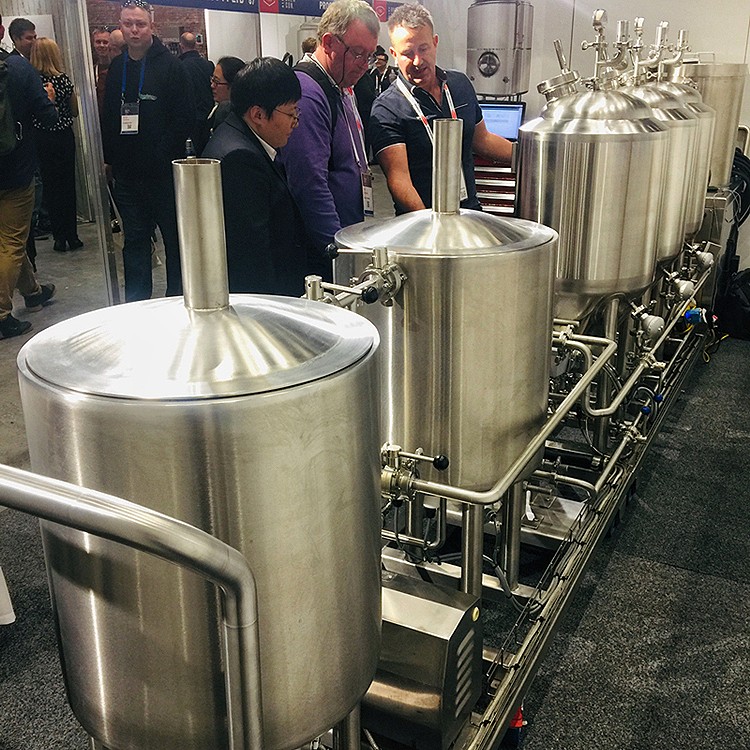
Marketplace home & living lifestyle home brewing d...
The home brewing and distilling market has grown in popularity in recent years, ...
More >>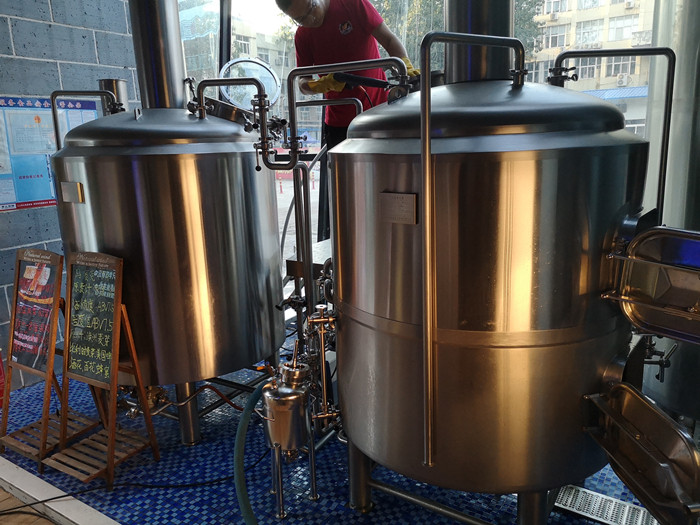
Beer brewhouse and fermentation tanks microbrewery
WEMAC-Main product categories:
Craft Beer equipment,Cider making machine,Beer b...
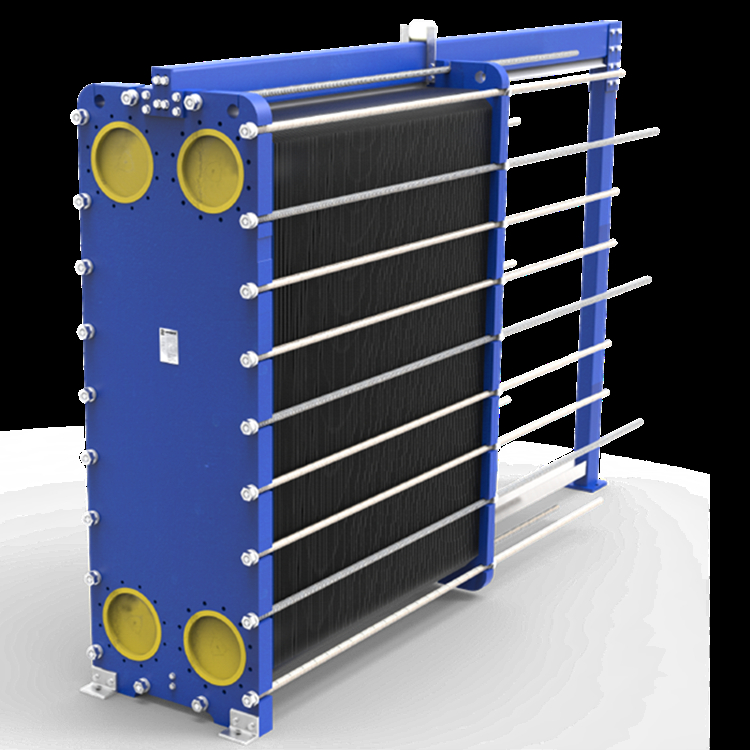
Best plate heat exchanger for beer brewery
The WEMAC plate heat exchanger (PHE) series is extensive, including multiple typ...
More >>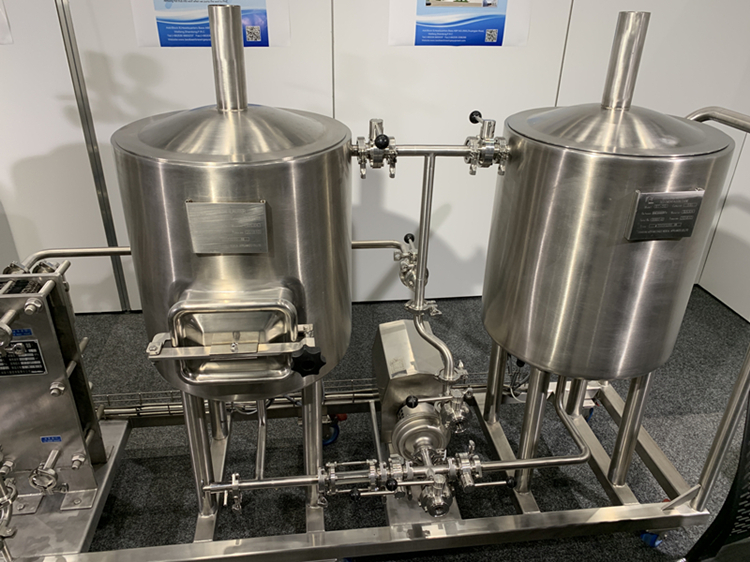
Home beer brew kits brewery equipment
This skid home brewing system is designed for craft brewing amateurs who has bee...
More >>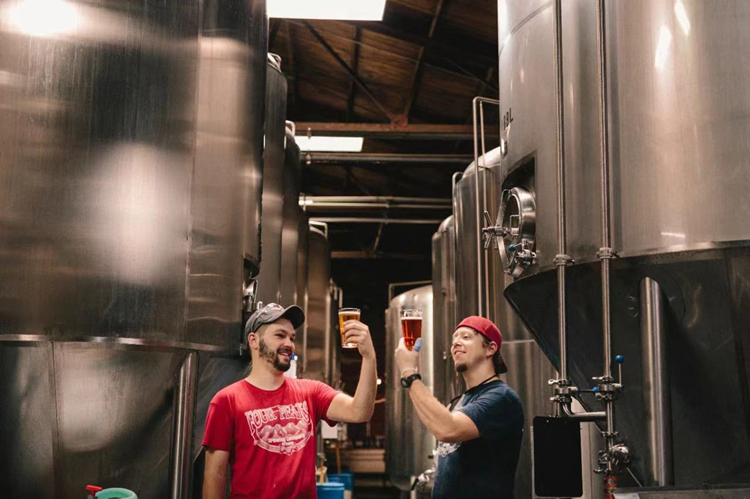
Top quality fermenter and beer bright tank
Brite or Bright Beer Tanks are also known as Beer Conditioning Tanks or Beer Ser...
More >>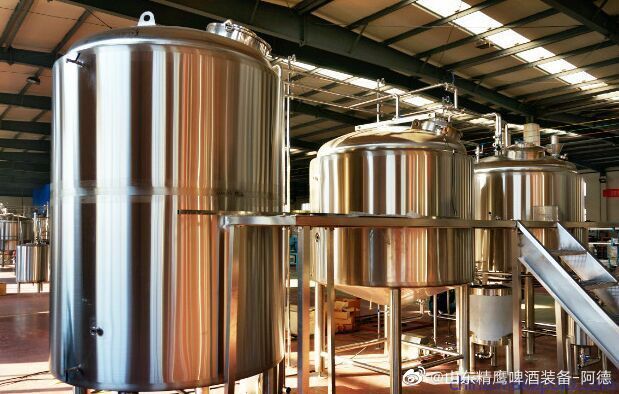
Pro two vessels 5BBL craft brewery in Michigan
Professional beer brewhouse sale well in Michigan state,turnkey brewery services...
More >>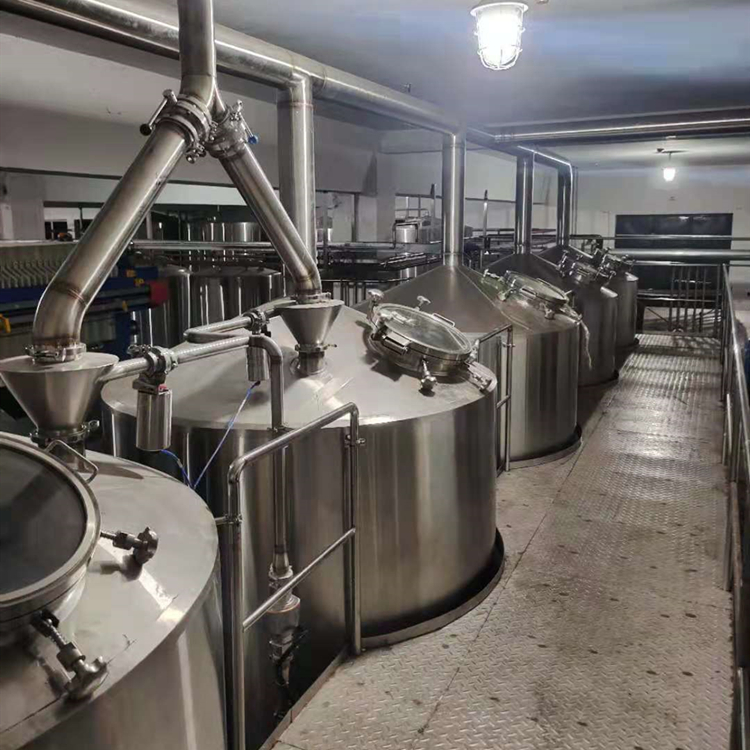
4000L Commercial Beer Brewery Equipment
4000L four vessels craft beer brewing brewery system,gas steam heating,with a be...
More >>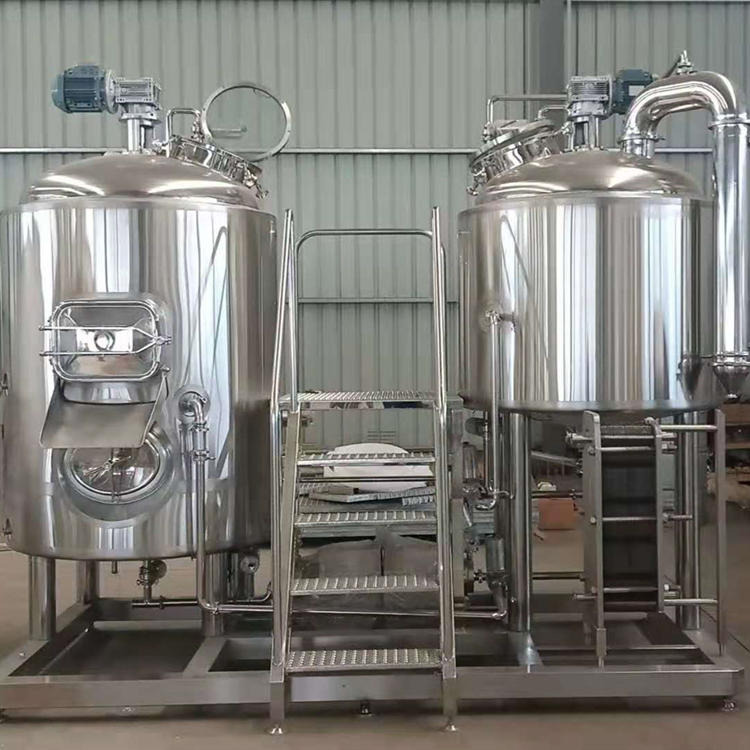
500L Top quality craft beer brewery equipment
Double vessels craft beer brewing brewhouse for sale,mash/kettle tun + lauter/wh...
More >>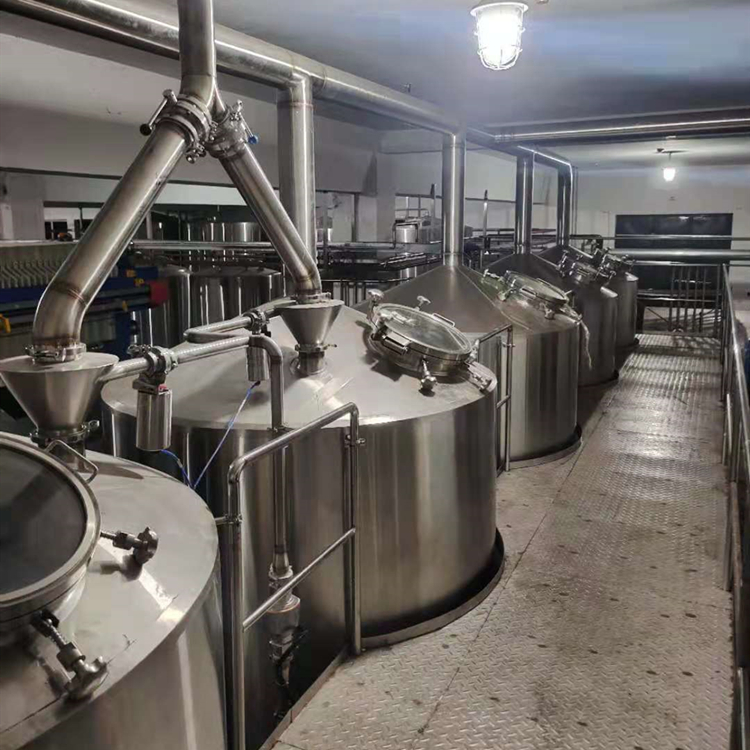
4000L Five vessels turnkey beer brewery
Five vessels craft beer brewhouse system suppliers,Double mash tun+double kettle...
More >>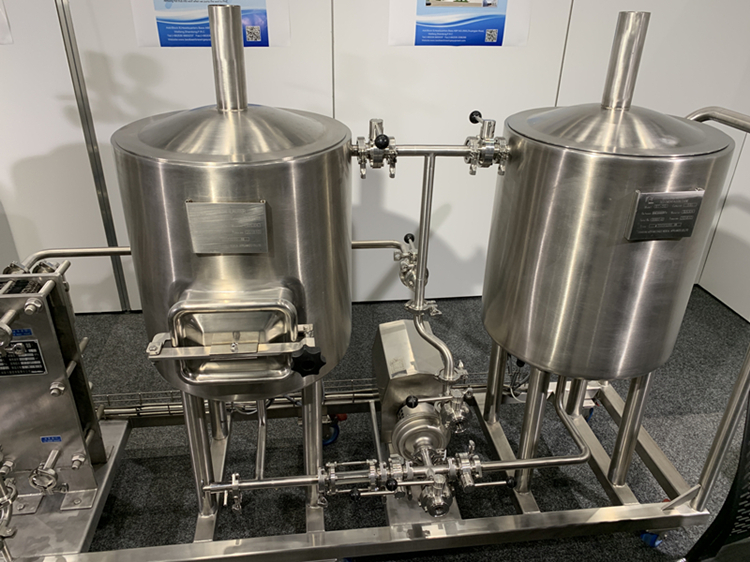
Best 50L home beer microbrewery equipment
Two vessels combination,mash/lauter tun+kettle/whirlpool tun brewery.electric co...
More >>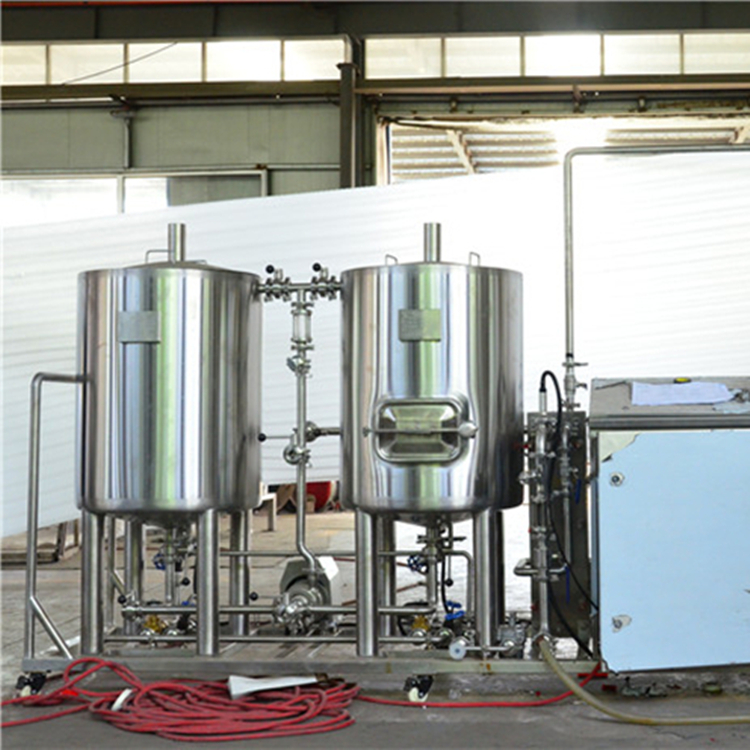
100L beer brewing home microbrewery
Mash/lauter/kettle tun+whirlpool tun,electric coil heating,two stages cooling,pl...
More >>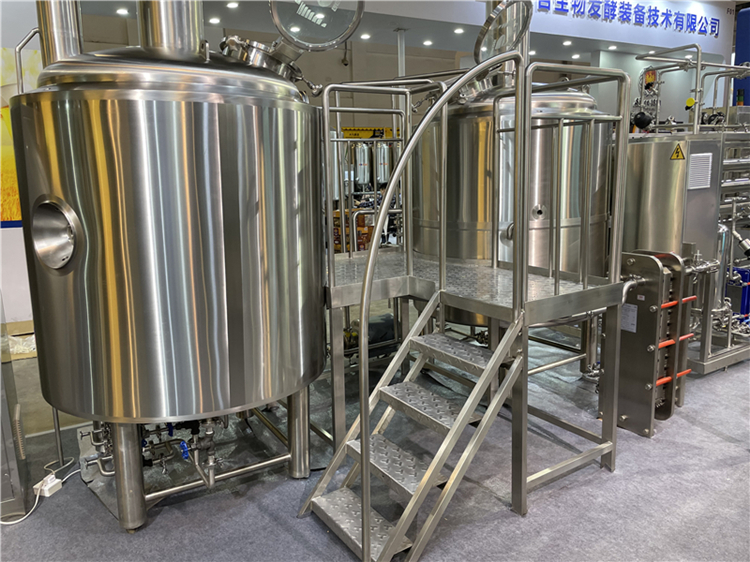
Build me a 1500L beer brewery
mini beer brewery machine from 50L,which is suitable to use in home and family b...
More >>